Syrians fleeing Lebanon because of Israel’s war face homelessness, neglect
Syrian refugees fleeing Lebanon and returning to their country are facing very difficult conditions, with many having to sleep in the streets and parks of Damascus.
Many of them originally fled to Lebanon after their homes were destroyed in Syria’s brutal conflict, which began in 2011, and now have nowhere to return to.
The Syrian regime of President Bashar al-Assad has tried to present itself as providing assistance to Lebanese who have fled Israel’s assault on their country, which dramatically escalated on September 23, resulting in thousands dying and around one million more fleeing their home.
However, returning Syrian refugees have told The New Arab’s Arabic-language sister site Al-Araby Al-Jadeed that it is not providing them with any assistance.
Samer (not his real name) said, “The Syrian government doesn’t care about our needs and treats us as number, as if we’re not there”.
He accused the regime of discriminating between those fleeing to Syria on the basis of their sect and region of origin.
“Why doesn’t the government treat its citizens and refugees equally? Here, they discriminate between Syrians on the basis of the regions they’re from. Even our Lebanese brothers – they treat them differently based on their affiliations and where they come from.”
Syria is a Sunni-majority country but Syrian President Bashar al-Assad and many of his inner circle are from the Alawi minority, and sectarianism played a major role in the Syrian conflict.
Lebanon is a multi-confessional country where Sunni and Shia Muslims and Maronite Christians are the three largest religious sects. The Lebanese Shia group Hezbollah, now under attack by Israel, provided key support to the Assad regime during the Syrian conflict.
“We lived through the horrors of war and displacement and we faced a lot. I don’t want any other person to go through this. But it’s unfortunate that people are being treated so badly and with such neglect in their home country,” Samer said.
He said that Syrian security forces on the Lebanese border treat returning Syrians “like criminals”, mocking them and making threats.
Another Syrian who returned, Umm Mohammed told Al-Araby Al-Jadeed, “It’s one of the worst things to find yourself a homeless stranger in your own country. The government provided shelters to [some] people fleeing the war. Why hasn’t it taken us to them even though there are still empty places there?
“The Syrian refugees fled only with the clothes on their back. All we want is justice in aid.”
Maha, a human rights activist from Latakia told Al-Araby Al-Jadeed that the Syrian regime had received aid from Arab countries and international organisations as a result of the refugee crisis caused by Israel’s war on Lebanon.
She said she had seen discrimination between Lebanese refugees on the basis of sect in shelters run by the regime, adding that most refugees had left the shelters and proceeded to Jordan.
Ammar, a 19-year-old Syrian originally from Suweida, said that he had to go through twenty checkpoints between the Lebanese border and Damascus.
“We felt like we were strangers or enemies because of the harshness with which they treated us, and their interrogations and investigations,” he said, adding that he had to pay a million Syrian liras (US$400) in bribes.
![Syrians returning from Lebanon face homelessness and discrimination [Getty]](/sites/default/files/styles/large_16_9/public/2024-10/GettyImages-2175727105.jpg?h=199d8c1f&itok=dsiPgCoC)
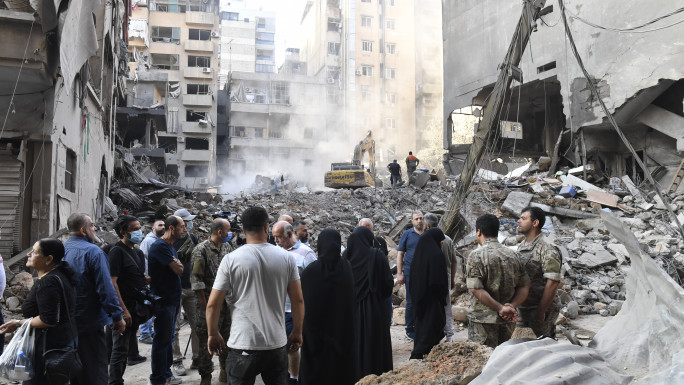
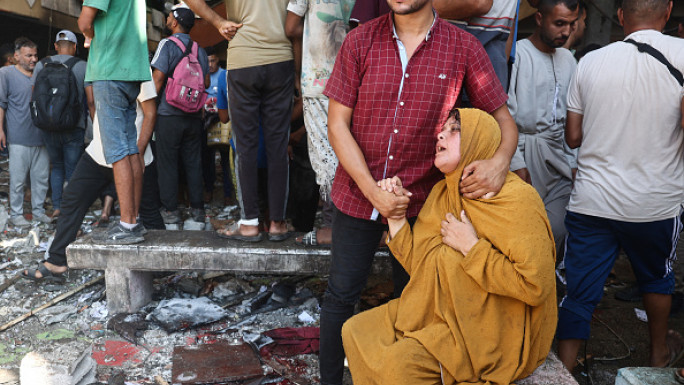
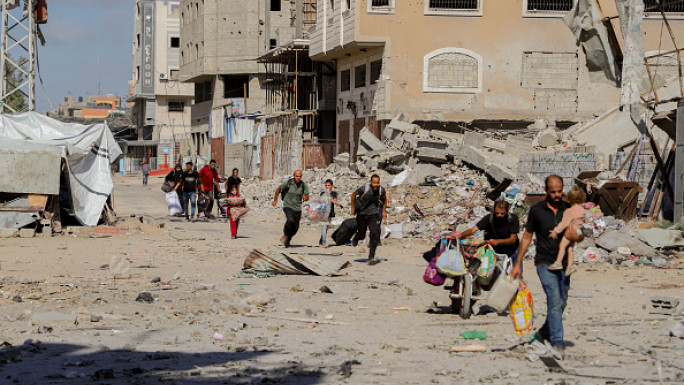

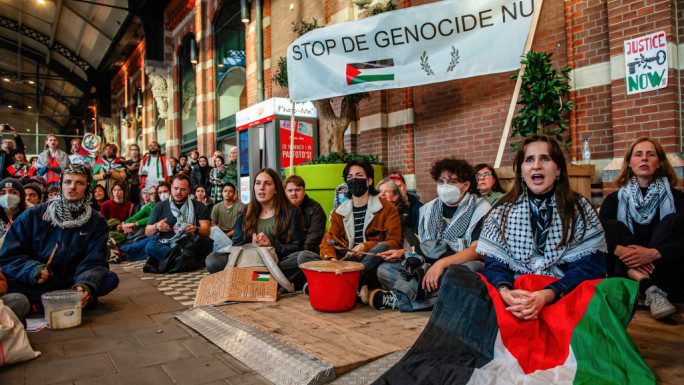
![Palestinians inn Jabalia are calling for help online amidst increased Israeli bombing [Getty]](/sites/default/files/styles/image_330x185/public/2152512095.jpeg?h=a5f2f23a&itok=Aa5P9HY-)
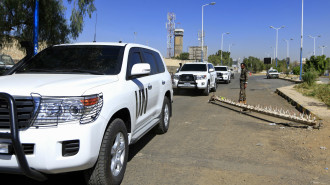
![A total of 24 Egyptian journalists are currently behind bars; 16 of them exceed the maximum duration of pre-trial detention. [Getty]](/sites/default/files/styles/image_330x185/public/2024-10/Journalism%20not%20a%20crime.jpeg?h=a5f2f23a&itok=LfHl7t2o)